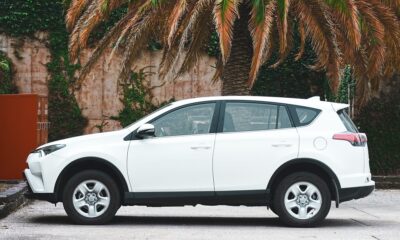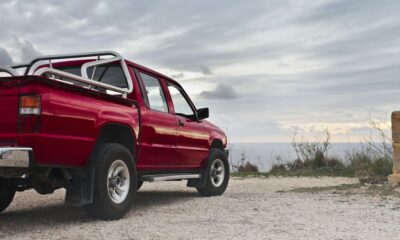Reviews
Sedan vs. Coupe: What’s the Difference?
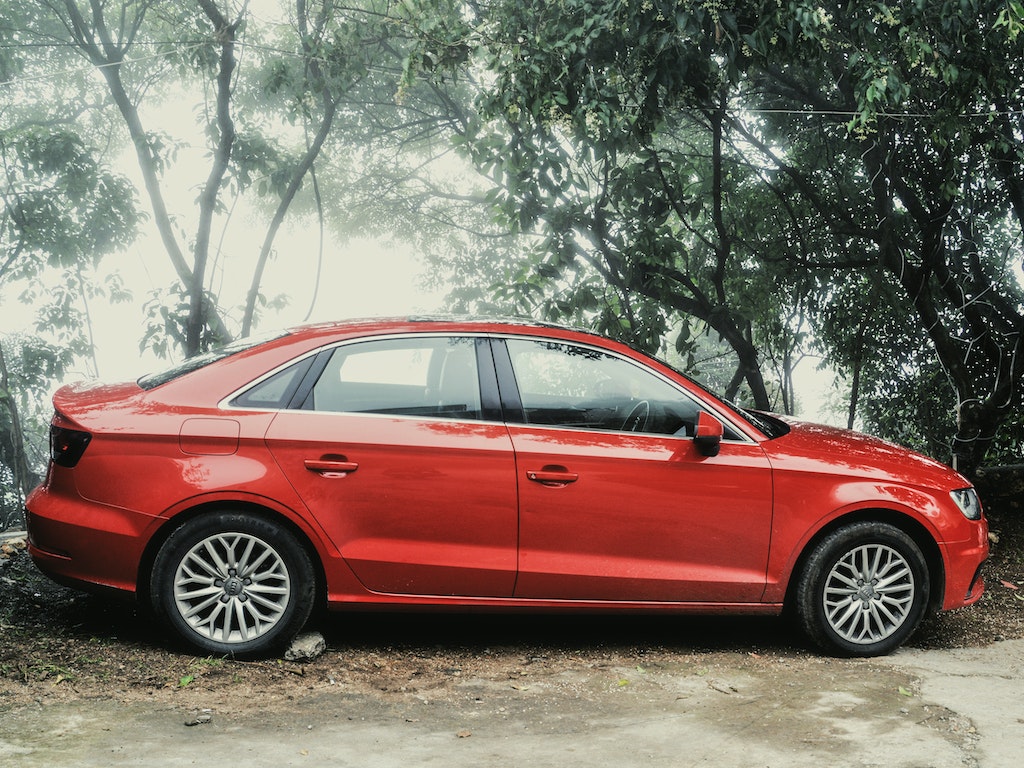
If you’re like many people, you might be confused about the differences between a coupe and a sedan. After all, sedans and coupes are two types of automobiles, and you may think they mean pretty much the same thing. But as we’ll see, this is not correct. In fact, coupes and sedans are two very different cars that are distinguished in many important ways.
Let’s learn more about how these two car types differ.
Performance
The coupe’s lighter curb weight and shorter wheelbase automatically boost its performance. When a car’s weight is reduced by several hundred pounds, its acceleration and braking performance are noticeably enhanced.
Sedans are usually heavier, but their optional engine upgrades compensate for their extra weight. You can choose a larger V6 instead of a four-cylinder model if you want additional power. Larger, heavier cars are often equipped with suspension upgrades that improve their performance and handling.
Exterior Style Cues
Coupes, without the two doors at the back, look a lot sportier. The window frames (referred to as the B and C pillars) adjust slightly to compensate for changes in overall length. This results in longer rear windows and doors.
Most sedans ditch the sporty look for a luxurious feel and design. The shorter doorways make it easier for all passengers to get in and out of the car. Changes to the door and window pillars give a more balanced side profile.
Interior Comfort
The amount of space available in the coupe’s backseat area varies considerably, depending on which model you choose. Despite the reduced legroom in some cars, such as the Hyundai Genesis, rear seats are tailored to greater comfort for backseat passengers. The integrated cup holders and molded seats make riding in the back seats a comfortable experience. Like other two-door cars, this model doesn’t have a middle seat, which makes this a four-seater vehicle.
Sedans like the Honda Accord provide ample space and comfort for passengers in both the front and back seats. Leg and headroom are priorities. Additionally, sedans have room for five people, with a broad, bench-style seat that can accommodate three people.
Cargo Space
Since sedans are longer, they provide more cargo space than coupes. For example, the Hyundai Sonata has over 16 cubic feet of trunk cargo space, which makes it ideal for road trips or grocery shopping.
While coupes might have lesser cargo space, it is possible to fold down the seats and expand the trunk area on some models. Since each car model has a different cargo space and interior configuration, you should look at both specifications to determine which vehicle will accommodate your belongings. There’s one exception to this — the Dodge Challenger is a performance coupe that provides over 16 cubic feet of cargo space, just like the Hyundai Sonata.
-

 Buyers Guide3 years ago
Buyers Guide3 years agoUltimate SUV Buyer’s Guide
-

 Reviews3 years ago
Reviews3 years agoThese Are The Best Used Trucks Under $10,000
-

 Accessories & Financing3 years ago
Accessories & Financing3 years agoElectric Car Maintenance: Everything You Need to Know
-
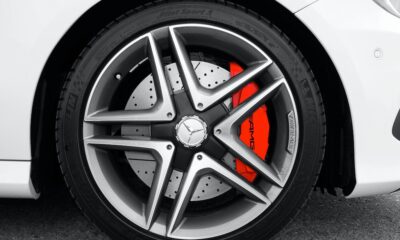
 Accessories & Financing3 years ago
Accessories & Financing3 years agoBest Snow and Winter Tires
-
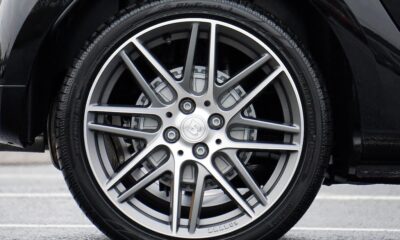
 Accessories & Financing3 years ago
Accessories & Financing3 years agoBest All-Season Tires Everyone Should Know Of
-

 Buyers Guide3 years ago
Buyers Guide3 years agoFour Luxury SUVs That Are Built to Last
-

 Accessories & Financing3 years ago
Accessories & Financing3 years agoCar Loan Charge-Offs: The Ultimate Guide
-

 Reviews3 years ago
Reviews3 years agoThis Is How Hybrid Cars Really Work



